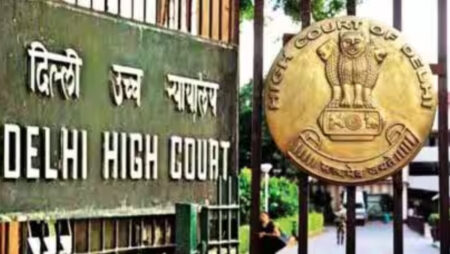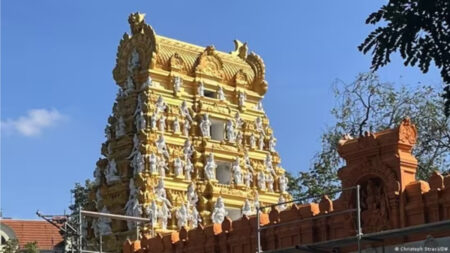While the Union Government aims to increase the minimum age of marriage for women, opposition SP MP condemned the Government’s move in contentious ways. Samajwadi Party’s Member of Parliament (SP MP), ST Hasan, said: “Girls should be married once they attain fertility”.
He further added that if the girls’ legal age of marriage increases, they will engage themselves in watching sensual videos. Congress leader Sanjay Singh Verma said, “Girls are fit to deliver a child after they attain the age of 15”. Union Government in this winter session is about to introduce a bill to increase the minimum age limit of girls for marriage to 21 from current 18. Right now, the age of legal marriage differs across religions.
Under the Prohibition of Child Marriage Act, 2006, the union of a girl below 18 is illegal and punishable. Muslim Personal Law allows Girl’s marriage when she attains the age of 15. Under Hindu Marriage Act, 1955, Girl must reach the age of 18 before she gets married and should be married when attain fertility, and the same goes for Sikh and Christian communities.
The marriage age bears direct implications on various social & economic parameters. Early marriage of women deprives them of education. Lack of formal education takes away the career opportunities of a girl, hence wasting their potential to contribute to the country’s socio-economic growth. Lack of education bears a close relation to a child’s nutrition as an educated woman is more aware of healthy diet practices to make sure her child does not suffer from any diseases.
Education gives women the ability to earn, making them self reliant. Well, educated women/girls are respected in social institutions, including their families and society. Women married at an early age mainly deliver the child at an early age which affects the nutrition level of both the child and the mother.
Nearly fifty per cent of Indian mothers and Children of their reproductive age suffer from Anemia and other health-related issues like malnutrition and various contentious diseases. Hence increasing the legal age of marriage for women can help lower Infant Morality Rate (which is at 32 per thousand live births) and Maternal Mortality Rate (around 113 per 1 lakh births).
Although there are various reasons for early marriage, most of them occur due to compulsion rather than deliberately. According to multiple reports, Girls from Schedule Castes and Scheduled Tribes families are prone to early marriage & attain fertility because of various compelling factors. Incidence of poverty among SC, ST families forces them to marry their daughters as early as possible to reduce any future expenditure on Girl’s education.
Girls are married off as early as possible to ensure their safety in society. Considering the above circumstances, The Governments of both Central and the States must collaborate to prevent a child or underage marriages. Awareness programs can be formulated to increase awareness about the ill effects of early marriage on girls and child’s overall health.
Government’s can consider incentivizing Girl’s education so that families will send a girl child to school or colleges. There has to be robust enforcement of laws that prohibits early age marriages. Government can consider stringent punishment to those who promote or force early marriage. There’s a need to amend Muslim Personal Law, which contradicts other laws, i.e. Prohibition of Child Marriage Act w.r.t. of the age of marriage.
There has to be a sound functioning grievance mechanism at the District level so that victims of Early marriage can seek psychological and legal support. Finally, the conscience against early marriage must come from society than from laws enacted by the Government.












